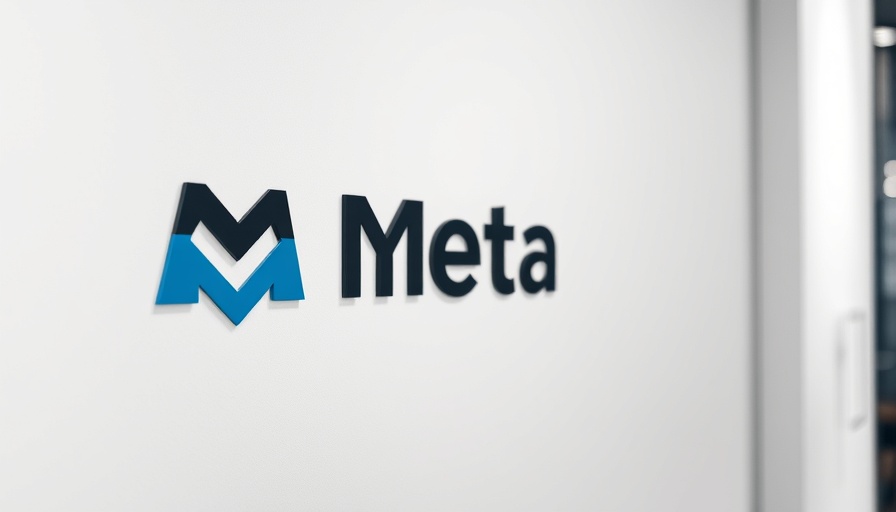
Meta's Landmark AI Copyright Case Victory: What it Means for the Industry
In a significant ruling that resonates far beyond Meta itself, a federal judge has ruled that the company did not infringe copyright laws by using the works of 13 authors, including notable figures like Sarah Silverman and Ta-Nehisi Coates, to train its AI models. Judge Vince Chhabria's summary judgment has highlighted the ongoing evolution of copyright legislation in the face of rapid technological advancements, a decision that carries implications for the future of artificial intelligence and copyright disputes.
Understanding the Legal Context of AI Models
This ruling comes amid many legal battles concerning the ownership and usage rights of copyrighted materials in training AI systems. The Kadrey v. Meta case is one of the first of its kind and reflects a broader trend of similar lawsuits emerging across the United States. As companies like Meta and Anthropic navigate the murky waters of AI copyright, the outcomes of these cases could fundamentally reshape the content landscape. The heart of the matter revolves around whether AI-generated content can diminish the market value of original works, a question central to the resolution of such disputes.
The Balancing Act: Creative Magic vs. Market Harm
Judge Chhabria's insights emphasize the importance of distinguishing "transformative" uses of copyrighted material from those that harm original works. Is the resulting generation of text from AI models a new creation or merely a derivative? This question reflects a critical shift in understanding copyright in an age defined by artificial intelligence. Multinational tech companies must now consider potential financial ramifications when utilizing copyrighted content, as the balance between innovation and intellectual property rights tilts towards protecting the interests of original creators.
Comparison to Anthropic's Ruling: Diverging Judicial Views
The juxtaposition of Judge Chhabria's ruling with that of Judge William Alsup underscores the contrasting legal attitudes towards AI’s use of copyrighted material. While Alsup's ruling on copyright infringements concerning Anthropic recognized some aspects of fair use, it also left the door open for further claims of piracy — indicating that the road ahead for AI companies could be fraught with legal uncertainties. These diverging opinions signal potential challenges to tech companies' strategies as they continue to innovate while navigating copyright laws.
Implications for Future Technology Trends
The implications of these rulings extend to the potential evolution of technologies—particularly artificial intelligence. As courts grapple with the question of copyright in the context of AI, tech companies may need to exert more caution in how they train their models. This case also raises questions about the ways we use data in a digitally transformed world: how much of what we consume is fair game for training AI, and how do creators get compensation when their works are used? As we look to future technology trends, the clarity of these legal frameworks will significantly impact the direction of development in AI and other related fields.
Conclusion: The Future of AI and Copyright
The verdict in the Meta case sheds light on how the courts are adapting to the rapidly changing landscape driven by technological advancements. It becomes increasingly relevant for tech companies to engage in discussions about ethical considerations in AI while preparing for potential legal ramifications. As technology progresses and reshapes our lives, the relationship between creators, their works, and the companies that seek to use those works will undoubtedly evolve.
In light of these insights and ongoing debates about the use of AI in various sectors, staying updated on artificial intelligence updates and how they integrate into current practices is essential. Be proactive in understanding these developments as the tech landscape unfolds through 2025 and beyond.
 Add Row
Add Row  Add
Add 




Write A Comment